Publishers everywhere are looking for the new Sally Rooney, which is odd since as far as I know the old one is still around. As a result Ireland, which has never lacked literary talent, is giving us a lot of debut novels by young female writers this year. True, being the new Sally Rooney makes a change from being the new Irish Chekhov, but it is a high-risk strategy when many are called but few are chosen. Here are two of the most prominent debuts, with more, including Elaine Feeney’s much-vaunted As You Were, due in the coming months.
Naoise Dolan is the most Rooneyed of them all by people who have read Conversations with Friends and think Rooney is a comic writer, or have read Normal People and think she is a relationships writer, when in fact she is simply — as James Joyce described Flann O’Brien — a real writer. Dolan is a real writer too, and her novel Exciting Times, about ‘how you can be having sex with two people, tell neither about the other, be living with one of them, and still be single’ is smart and funny.
At the centre of its sexual-romantic tangle is Ava, a 22-year-old Irishwoman living in Hong Kong as an English teacher. She went there because ‘everyone in Dublin hated me, such that I came to hate myself too’, but finds herself surrounded by — and attracted to —posh people whose accents have ‘pinnacles and spires’.
Ava swerves sexually between Julian, an Etonian financier, and Edith, a lawyer, all the while hiding her feelings behind wisecracks. And she’s good at the zingers: her boss ‘dressed to please no one, not even himself’; an acquaintance seems like ‘someone else ironed everything for her — her whole life — and her role was to make new creases’. But after a while it feels as though the jokes are there more for sound than sense, and you wish she’d knock it off with the gags for a bit. Later in the book we do get closer to Ava’s emotions, mainly through her draft text messages to Julian and Edith, which gives the hairpin bends of the closing pages — she can’t! She can! She mustn’t! She has! — some oomph.
Niamh Campbell’s debut This Happy is compared by its publishers not with Rooney but with Eimear McBride, Anna Burns and Claire-Louise Bennett, all modernists who bend language to represent the deformation of thought. Like Exciting Times, it’s a first-person account of two relationships — Alannah’s times with hipster playwright Harry and, later, her unnamed teacher husband, both older than her — and there are impressively toe-curling set pieces detailing awkward encounters between families.
Alannah is as disaffected as Ava; she gets married ‘because I needed something to happen to me’, but is ambivalent about motherhood, ‘the most prosaically transcendent promotion one could get as a woman’. She tells her story in a jumpy way, and the different parts of her life don’t always align, which might betray the novel’s origins as a series of monologues.
Campbell’s language is striking, though for every applaudable image (tree roots ‘knuckling up through paving slabs’) there are head-scratchers, such as ‘in the meat-air of ourselves’ or ‘a huge vacantly vibratory ether’; and when a sex scene ends with her husband coming ‘with whoops’ it took me a minute to parse. Language needs to be made fresh — as Bennett, Burns and McBride do — but here it often seems affected, not intrinsic to Alannah’s way of seeing the world.
This Happy is at its strongest when Alannah is alone, contemplating her own solitude, childhood and relationship with her father, perhaps because this sort of deeply internalised narrative works best when focused on the self. Campbell’s is a pretty restrained novel next to Dolan’s anyway, but more restraint yet — in language and in structure — would have made it better.
Got something to add? Join the discussion and comment below.
Get 10 issues for just $10
Subscribe to The Spectator Australia today for the next 10 magazine issues, plus full online access, for just $10.
You might disagree with half of it, but you’ll enjoy reading all of it. Try your first month for free, then just $2 a week for the remainder of your first year.

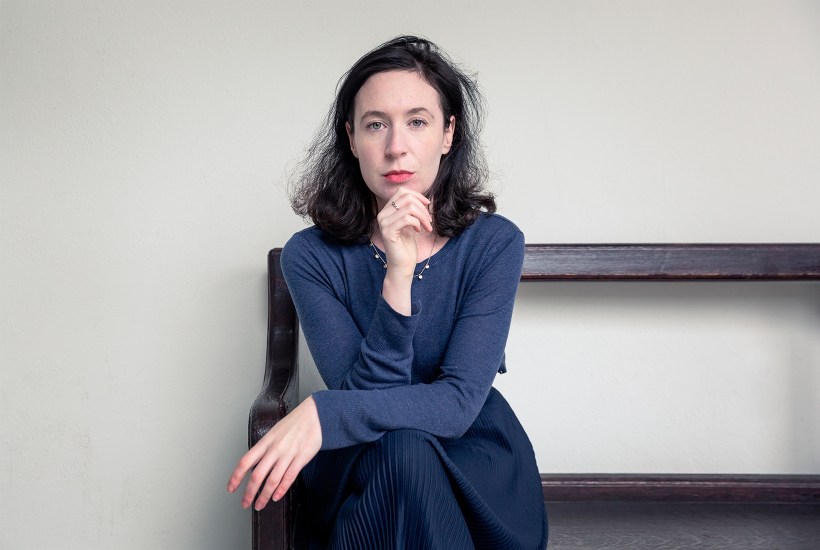
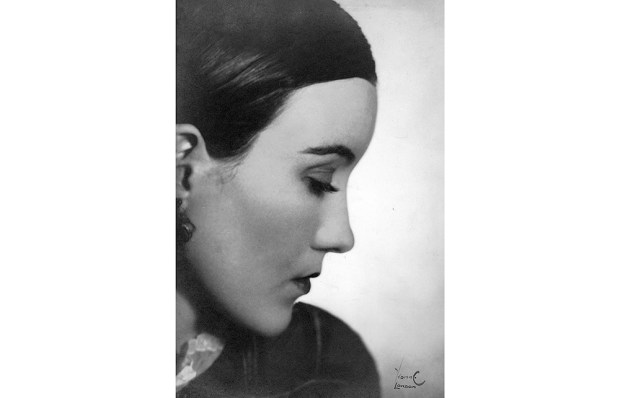
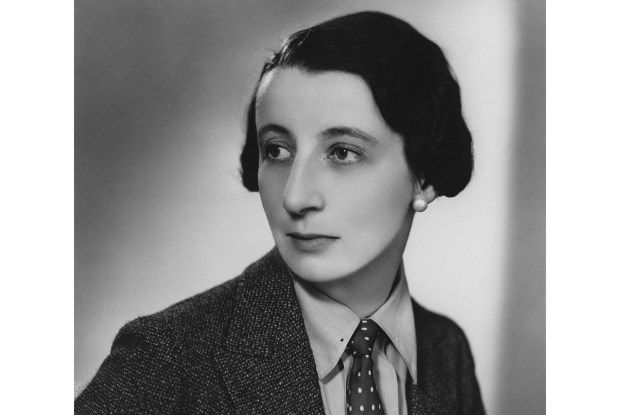
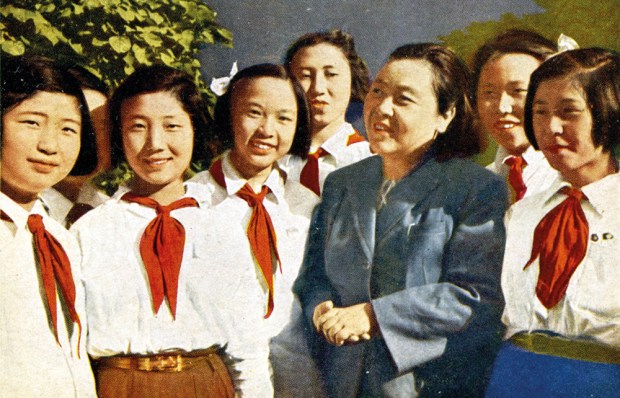
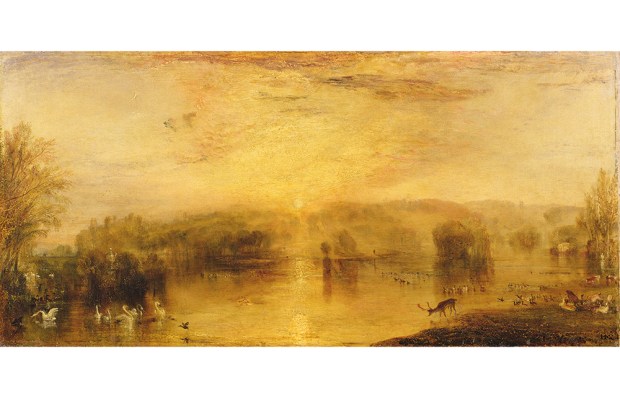
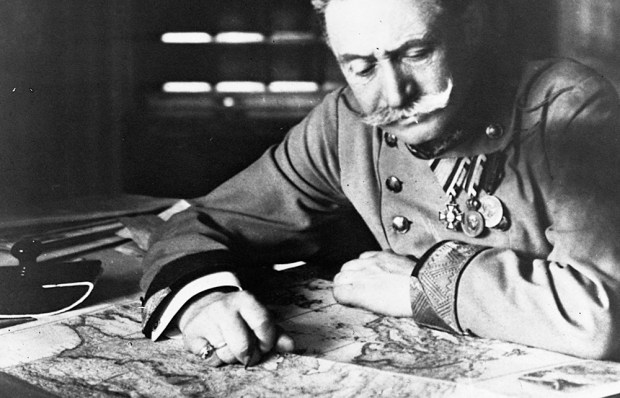







Comments
Don't miss out
Join the conversation with other Spectator Australia readers. Subscribe to leave a comment.
SUBSCRIBEAlready a subscriber? Log in